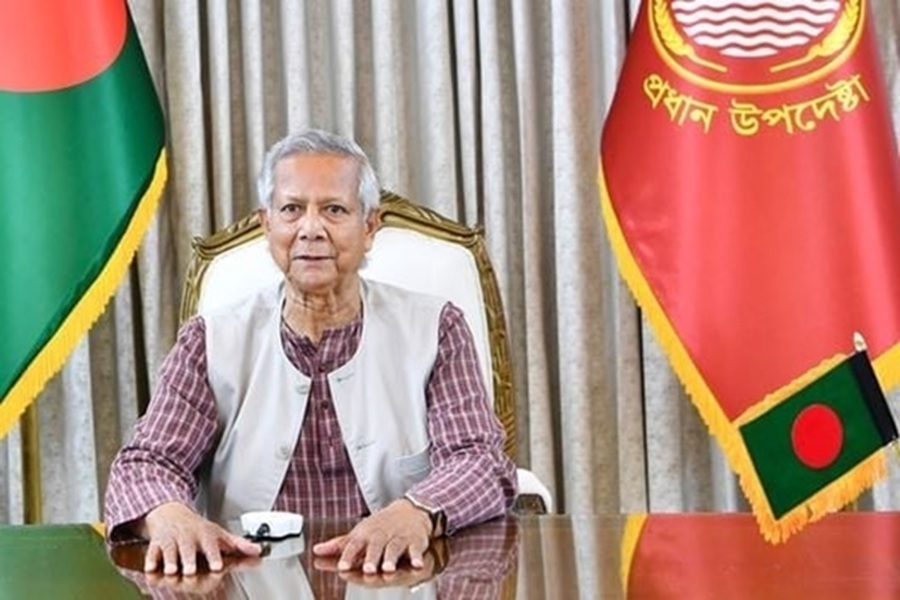
By News On Air Jan 18, 2025
In Bangladesh, the constitution reform commission, appointed by the Nobel Peace laureate Dr Mohammad Yunus administration, recommended the removal of “secularism”, “nationalism” and “socialism” from the Constitution. The commission, led by Prof Ali Riaz, also proposed a bicameral parliament for the country, a two-term limit on a premier’s tenure and reinstatement of the provision for a referendum to amend the constitution.
The Article 8 of the current constitution of Bangladesh defines secularism as a fundamental principle of state policy, along with democracy, socialism, and nationalism. And yet, Islam has been a state religion of Bangladesh since 1988.
Earlier in November, just after assuming the office by Dr Yunus’ administration, the Attorney General of Bangladesh, Md Asaduzzaman, had called for removing “socialism” and “secularism” from the country’s Constitution. According to agency reports, Asaduzzaman had argued that socialism and secularism do not reflect the realities of a nation where 90% of the population is Muslim. He advocated for reinstating the phrasing, which emphasised unwavering faith in Allah.
The existing principles—nationalism, socialism, democracy, and secularism—were established in the 1972 constitution, drafted after Bangladesh’s independence during the 1971 India-Pakistan War, known locally as the Liberation War.
In 1977, secularism was removed from the constitution by a Martial Law directive during the military dictatorship of Ziaur Rahman. In 1988, the Parliament of Bangladesh declared Islam as the state religion during the presidency of Hussain Muhammad Ershad. After the restoration of parliamentary democracy in 1990, the Bangladesh Nationalist Party (BNP) and Awami League governments retained Islam as the state religion.
In 2010, the Bangladesh Supreme Court ruled that the removal of secularism in 1977 was illegal because it was done by an unconstitutional martial law regime. The court reinstated secularism in the constitution. The principle of secularity now co-exists with Islam as a state religion.
The leaders of the Anti-Discrimination Students Movement that led the July-August uprising toppling then prime minister Sheikh Hasina’s rule on August 5 last year, called the constitution a “Mujibist” charter and demanded scrapping of the constitution. However, arch rivals of Sheikh Hasina and its Awami League, Bangladesh Nationalist Party (BNP) and its alliance partners opposed the move.
Dr Yunus in his last address to the nation, expressed his desire to stage the general election by the year-end or mid-2026 citing an urgent need for the reforms. However, the BNP on Tuesday formally demanded general elections in July-August this year with the basic minimum reforms to hold the election and ask to leave the remaining things for the elected government of the day.